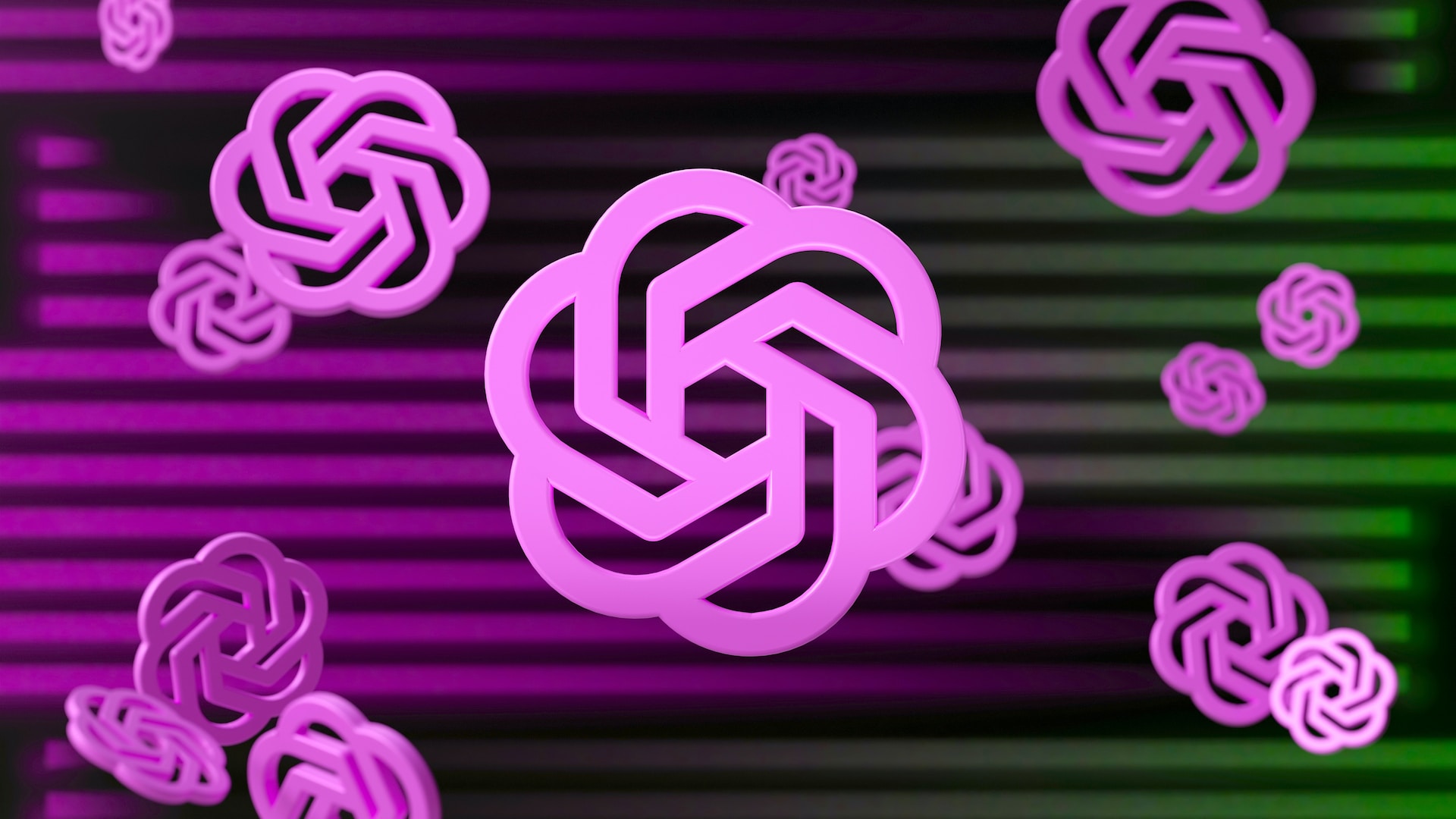
In a groundbreaking development, OpenAI, the trailblazing creator of ChatGPT, has unveiled a transformative upgrade to its AI-powered chatbot.
Users, both free and premium, can now tap into the vast expanse of the internet for real-time information. This quantum leap propels ChatGPT from a stagnant reservoir of historical data into an ever-evolving, real-time information powerhouse, reshaping the landscape of online information dissemination.
The Evolution of ChatGPT
Until this pivotal moment, ChatGPT’s knowledge was shackled to September 2021, rendering it oblivious to the dynamic events shaping the world beyond that point. This limitation curtailed its utility, prompting users to seek recent information from alternative sources.
OpenAI’s decision to grant ChatGPT internet browsing capabilities shatters these constraints, enabling users to pose inquiries about current events and receive up-to-the-minute responses. This marks a monumental shift, positioning ChatGPT as a credible source of breaking news and topical insights.
The Double-Edged Sword
This stride toward real-time browsing, while transformative, raises critical concerns. Users can now obtain rapid answers to pressing questions, eliminating the need to scour search engines or news outlets. However, this convenience comes at a price—accuracy.
ChatGPT’s responses lack sourcing, potentially blurring the line between verified information and speculation. Tomas Chamorro-Premuzic, a prominent figure in business psychology at University College London, underscores the importance of sourcing, highlighting the risk of misinformation dissemination. The absence of reliable citations opens the door to the spread of misleading or false information.
OpenAI’s Balancing Act
OpenAI’s cautious approach to real-time browsing sheds light on the intricate dilemmas engulfing the AI sector. The decision to restrict ChatGPT’s access to the internet was not arbitrary; it served as a safety net, protecting users from harmful or illegal content and curbing the dissemination of misinformation. The transition to real-time data, albeit transformative, introduces complex challenges.
Privacy and ethical concerns loom large, especially concerning copyrighted content and permissions. OpenAI’s move highlights the delicate balance between utility and responsibility, a challenge intrinsic to the AI sector’s evolution.
Regulatory Scrutiny and OpenAI’s Commitment to Collaboration
OpenAI’s strides in AI technology have not gone unnoticed by regulators. Earlier this year, the Federal Trade Commission (FTC) scrutinized the company’s practices, specifically focusing on the potential risks associated with ChatGPT generating false information.
OpenAI’s response emphasizes collaboration, signaling a commitment to addressing regulatory concerns while advancing the frontiers of AI capabilities.
The Road Ahead
As ChatGPT ventures into uncharted territory, the ethical landscape of AI becomes more complex. OpenAI’s challenge lies not just in enhancing the capabilities of its creations but also in establishing robust safeguards against misinformation.
Striking a balance between innovation and responsibility is pivotal, shaping the future of AI and its role in providing accurate, reliable, and ethical information to users worldwide.
In this momentous leap, OpenAI has opened a Pandora’s box of possibilities and challenges. The future of ChatGPT, and indeed, the entire AI sector, hinges on the industry’s ability to navigate this intricate terrain, ensuring that progress is synonymous with reliability, accuracy, and ethical responsibility.
 0 comments
0 comments
 Menu
Menu





